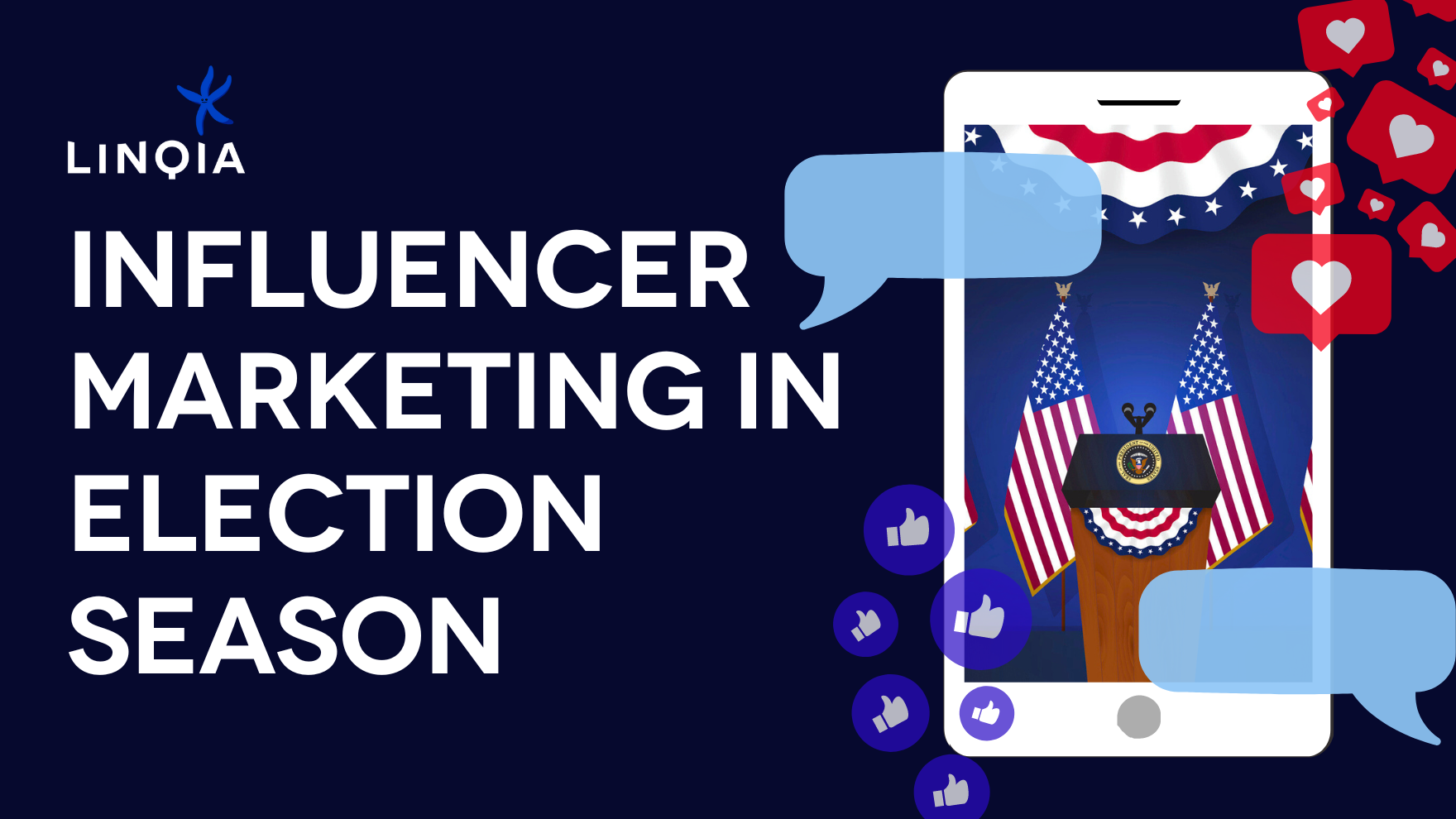This post was originally published in Adweek.
As people become more wary of traditional advertising, brands and agencies increasingly turn to influencer marketing programs to connect with their target audiences in authentic and meaningful ways. As a result, 75% of marketers today use influencer marketing in some capacity, with nearly 60% planning on increasing their influencer marketing budgets in the next twelve months.
This surge in popularity has spawned hundreds of technology-backed influencer marketing platforms and providers who are touting their abilities to help brands navigate this nascent sector of the industry. But not everyone is welcoming them with open arms. According to the Wall Street Journal, there is concern that these emerging companies focus too heavily on platform automation and not heavily enough on what makes influencer marketing successful in the first place – authentic relationships between real people. Marketers who are dubious of these newcomers worry that over-automation will result in awkward brand mentions or poor audience targeting.
However, automation isn’t all bad. Working with the right mix of platforms and providers can actually make influencer marketing programs more efficient, automating the most time-consuming aspects of influencer marketing so marketers can dedicate their time to developing program strategy and messaging.
But with all of the influencer marketing providers on the market, how can you determine which one is best for your brand’s specific goals?
The Levels of Influencer Marketing Automation
The key difference between a self-service platform and a turn-key program provider is the level of automation involved. Self-service tools enable brands to login to the platform and more easily manage the time consuming aspects of influencer marketing, from influencer selection to running post-program reports and analytics. Turn-key influencer program providers offer many of the same capabilities as self-service platforms, but require little setup, management, or configuration on the part of the brand or agency. All of the matching, communication, program management, and performance analytics are automated through the platform and complemented with services from the provider’s dedicated brand and influencer success teams.
Both self-service platforms and turn-key service providers have their own unique benefits depending on the program’s goals and the brand’s budget and bandwidth. The following factors can help you identify which option is best for you.
Perks of a Self-Service Platform
1. Bespoke Content Creation
Nearly 60% of marketers use influencers for content creation. Self-service platforms make it easy for brands that are looking for tailor-made content to share their creative requirements with influencers. Clearly indicate whether you want to include a particular photo or use specific verbiage to ensure the influencers create content that adheres to your requirements.
2. Content Approval
Program managers have the ability to review content directly from a self-service platform before it goes live. This is especially important for brands in heavily regulated industries that must review influencer stories before they are published to ensure compliance with the law.
3. Influencer Selection and Management
Self-service platforms enable brands to manage the entire influencer relationship, from qualification and selection to compensation negotiation and program communication. Brands can quickly identify influencers that match their selection criteria and reach out to them manually through the platform to negotiate contracts and manage the relationship themselves.
Benefits of Turn-key Service Providers
1. Program Optimization and Expert Insights
Turn-key service providers offer a dedicated team to optimize program performance throughout each flight. Brand and influencer success teams always have a pulse on the program and can quickly identify what’s going well or if something has gone awry. These teams have worked on hundreds, if not thousands, of influencer programs, analyzing the results and applying learnings to future activations across multiple clients.
2. Increased Efficiency
Manually managing influencer relationships takes time, especially in larger programs that involve hundreds of influencers. Each influencer requires roughly two hours of your time to be properly acquainted with the brand and the program’s goals. With a turn-key service provider, the success teams manage the entire influencer relationship, leaving you with more time to focus strategy and messaging.
3. Value-driven Cost
Self-service platforms require that you pay a platform licensing fee in addition to negotiated influencer fees. Turnkey service providers manage all aspects of an influencer marketing program for a single fee that bakes everything into a single, easy to understand cost.
Finding the Right Balance
There is no one-service-fits-all option when it comes to influencer marketing. The key is finding the right balance between platform automation and human insights. Working with a fully automated platform may simplify some of the more complex aspects, but technology and algorithms can only go so far. In order to be truly successful, you need to include a human layer that can analyze the results and offer insights to optimize future programs.
When built strategically and run efficiently, the return from an influencer marketing program is worth far more than the initial investment. Take the time to think through the intricacies, rules, and best practices and then partner with an influencer marketing provider that will deliver the results you’re looking for. Working with the right partner can be the difference between a program that is an expensive time-suck or a strategic, profitable venture.




